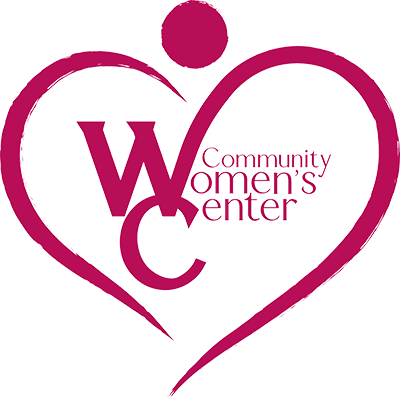What does an at home abortion mean?
Be informed. Know the facts.
The dedicated team at the Community Women’s Centers offers the vital information that you need to make informed and empowered choices.
An at-home abortion (home abortion) is also known as a medical abortion, self-managed abortion, taking the abortion pill, and sometimes called online abortion.
An at home abortion is different than a surgical abortion. Both types are intended to terminate a pregnancy and they can come with health risks and significant side effects.
If you’re considering abortion, there are facts you need to know before making a decision.
What to do first: Schedule a full pregnancy evaluation and talk with our staff about your options. At the Community Women’s Centers, we provide a safe, confidential, and compassionate place to have all of your questions answered.
Are you wondering what happens to your body after you take the abortion pills at home? Or, what to expect after taking the abortion pills at home? You need to be aware that the pill used for home abortion has a “black box” warning, which is the highest level of caution the Food and Drug Administration (FDA) puts on medication. See the entire warning here:
This warning is found on the FDA label:
- Do Not Buy Mifeprex Over the Internet
- You should not buy Mifeprex over the Internet because you will bypass important safeguards designed to protect your health.
- Mifeprex has special safety restrictions on how it is distributed to the public. Also, drugs purchased from foreign Internet sources are not the FDA-approved versions of the drugs, and they are not subject to FDA-regulated manufacturing controls or FDA inspection of manufacturing facilities.
Note: The abortion pills for a medical abortion are different from emergency contraception, sometimes called the “morning-after pill.” Ask your licensed medical provider to explain the difference between the two or call us if you have questions.
Your Medical History Matters
One of the first steps a licensed medical provider takes before giving a patient any medication is to get a medical history. This helps rule out conditions that might make the medication dangerous specifically to you.
For example, you need a licensed medical provider to check if any of your current or former medications and/or supplements will interact dangerously with the medications used for abortion. The medications mifepristone and misoprostol—used for at home abortions—can negatively react with numerous medicines and even with certain foods. Although generally safe and effective, you still need a licensed medical provider to tell you what you can safely consume with the pills.
You also need to discuss other situations that would make medical abortion dangerous. For example, you cannot take the abortion pills if you use an intrauterine device (IUD) as contraception. Your provider will ask the necessary questions to rule out any other unsafe practices.
Also remember that only a licensed medical provider can examine you to check for the physical issues that would prevent you from safely taking the abortion drugs. There are circumstances that would make a medical abortion unsafe, including (but not limited to) the following conditions:
- Ectopic (tubal) pregnancy
- Allergies
- Adrenal failure
- Porphyria ( disorders resulting from buildup of certain chemicals related to red blood cell proteins)
- Bleeding disorders
Accessibility to having an at home abortion in the United States can vary between states. It’s possible that your state laws may affect your ability to have an at home abortion. The nurse practitioner or physician’s assistant can also be a helpful resource for you.
The best way to protect your body and your health is to be informed. At the Community Women’s Centers, our professional staff can help you be informed with the information you need to know. Contact us now to schedule your visit.


